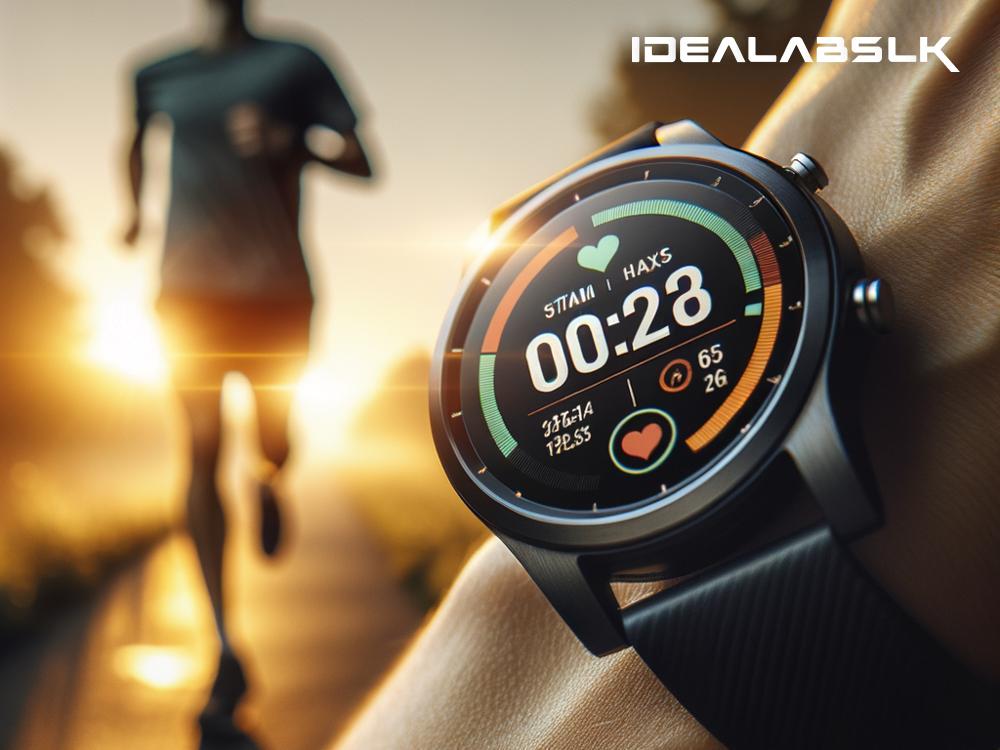The Role of AI in Wearable Tech for Early Health Issue Detection
In the realm of healthcare and technology, a transformative wave is taking place, shaping the way we monitor and understand our bodies. This wave is powered by artificial intelligence (AI) and is significantly evident in the world of wearable tech. The integration of AI into wearable technology has opened up new frontiers for early health issue detection, offering promising possibilities for enhancing our well-being and preventing diseases before they escalate.
Understanding AI and Wearable Tech
Before diving deeper, let's simplify two crucial components: artificial intelligence (AI) and wearable technology. AI refers to systems or machines that mimic human intelligence to perform tasks and can improve themselves based on the information they collect. Wearable technology, on the other hand, encompasses electronic devices that can be worn on the body as accessories or embedded in clothing. When these two are combined, they bring about devices capable of tracking and analyzing our health metrics in real-time.
Early Health Issue Detection
The primary goal of integrating AI into wearable tech for health purposes is early detection of potential health issues. By constantly monitoring vital signs and other health indicators, AI-enabled devices can spot subtle changes that might indicate the onset of a disease or health condition. This is paramount as early detection can significantly increase the chances of successful treatment and, in some instances, can be life-saving.
How It Works
Imagine wearing a smartwatch that not only tells time but also keeps an eye on your heart rate, blood pressure, and even your blood oxygen levels. This isn't a glimpse into a distant future; it's what AI in wearable tech offers today. These devices use sensors to collect data about our health and physical activities. AI algorithms then analyze this data to identify patterns, trends, and anomalies. If something unusual is detected, the device can alert the user and suggest a consultation with a healthcare provider.
The Benefits
-
Continuous Monitoring: Unlike traditional healthcare visits, which provide only snapshot data, AI in wearable tech offers continuous monitoring. This can help in catching health issues that might be missed during routine check-ups.
-
Personalization: AI algorithms can learn from the unique health data of individual users, offering personalized insights and recommendations. This means that over time, the device becomes better at understanding what's normal for you and what's not.
-
Convenience: Wearable devices offer a non-invasive way to monitor health. This is particularly beneficial for people with conditions that require regular monitoring, as it can reduce the need for frequent hospital visits.
-
Empowerment: By having access to real-time data about their health, individuals are more informed and can take proactive steps towards maintaining or improving their health.
Examples in Action
Several innovative wearable devices have already made their mark in the healthcare field. For instance, smartwatches that can detect irregular heart rhythms and potentially prevent strokes, or fitness trackers that monitor sleep patterns to help improve sleep quality. Another exciting development is smart fabrics that can monitor respiratory rates or even detect infections by analyzing sweat.
Challenges and Considerations
While the potentials are vast, integrating AI into wearable tech for health monitoring faces its challenges. Privacy and security of health data are significant concerns. Ensuring that sensitive health information is protected and only shared with authorized parties is crucial. Additionally, the accuracy of AI analyses must be constantly improved to avoid false alarms or missed detections.
Looking Ahead
The future of AI in wearable tech for early health issue detection looks incredibly promising. As technology advances, we can expect even more innovative devices capable of monitoring a broader range of health metrics. Moreover, as AI algorithms become more sophisticated, their accuracy in detecting early signs of health issues will improve, making wearable tech an even more indispensable tool in our quest for health and well-being.
In conclusion, the integration of AI in wearable technology is revolutionizing how we approach health monitoring, offering a blend of convenience, personalization, and early detection capabilities. As we continue to navigate this exciting intersection of healthcare and technology, the potential to dramatically improve health outcomes and enhance quality of life has never been more tangible. With ongoing advancements and increased adoption, AI-powered wearable tech promises to play a pivotal role in shaping the future of preventive healthcare.

